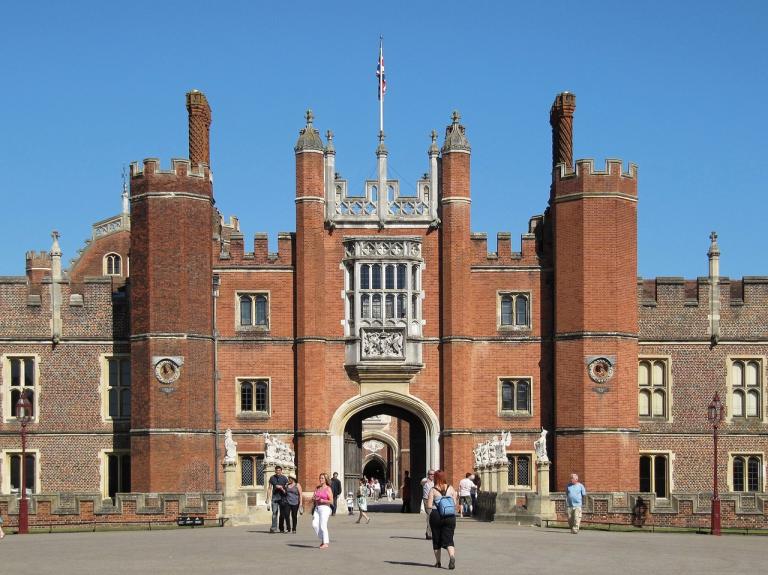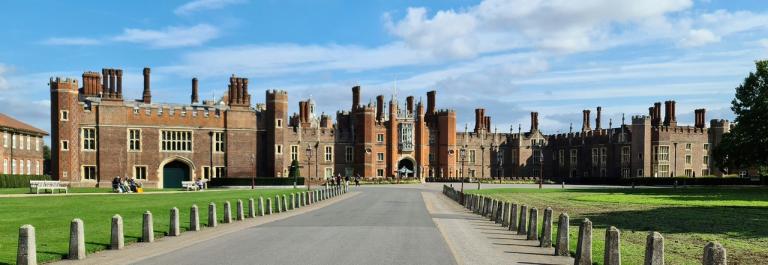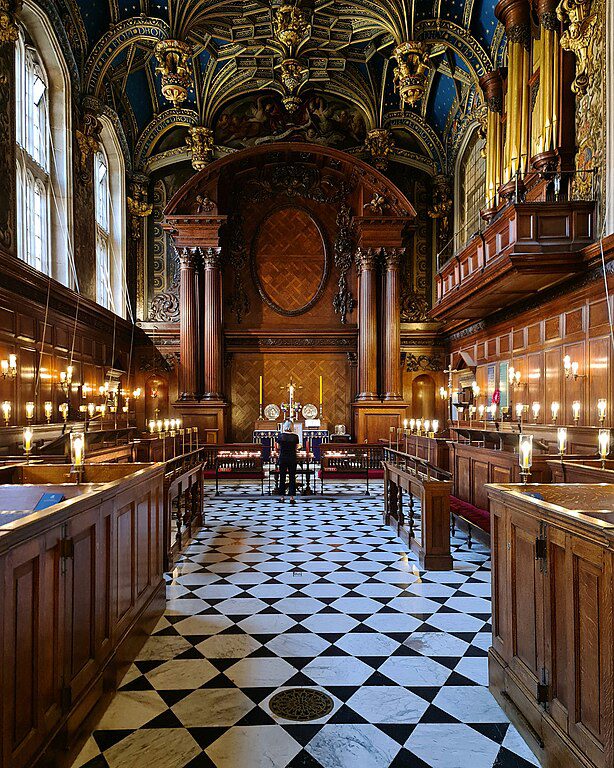
(Wikimedia Commons public domain image)
Two new articles appeared earlier today on the website of the Interpreter Foundation:
“Doctrine and Covenants 21: Metanarrative of the Restoration,” written by Steven L. Olsen
Abstract: Joseph Smith dictated Doctrine and Covenants 21 at the inaugural meeting of the Church of Jesus Christ on April 6, 1830. The present study examines the literary craftsmanship of the revelation to plumb the depths of its role in the restoration of the gospel of Jesus Christ. The analysis explores the meaning of patterns of usage in the text from the most specific (diction, syntax, figures of speech) to the most general (tone, rhetoric, and structural logic). The hypothesis of this study is that Doctrine and Covenants 21 provides a metanarrative of the Restoration — that is, a set of governing principles and guidelines for keeping the official record of the gospel’s final dispensation.
“Interpreting Interpreter: A D&C 21 Deep Dive,” written by Kyler Rasmussen
This post is a summary of the article “Doctrine and Covenants 21: Metanarrative of the Restoration” by Steven L. Olsen in Volume 57 of Interpreter: A Journal of Latter-day Saint Faith and Scholarship. An introduction to the Interpreting Interpreter series is available at https://interpreterfoundation.org/interpreting-interpreter-on-abstracting-thought/.
The Takeaway: Olsen presents a nearly word-by-word analysis of D&C 21, with an emphasis on what it can teach us about Joseph’s (and our) role in the restoration, and on the blessings attached to heeding commandments delivered through modern prophets.

We spent much of our day today at Hampton Court Palace, which exists in three basic phases: The Tudor portion of the palace is chiefly associated with Henry VIII (and, briefly, with Anne Boleyn), although it was originally built and owned by Thomas Cardinal Wolsey, who served not only as the most powerful clergyman in England but as Henry’s Lord Chancellor. When Wolsey fell from royal favor in 1529, he was stripped of all civil offices and Hampton Court was taken from him. (“If I had served God as diligently as I have done the King,” Wolsey is reported to have commented, “he would not have given me over in my grey hairs.”) The cardinal died of natural causes near Leicester, on his way to answer charges of treason against the king.
Queen Mary I (“Bloody Mary”) and Queen Elizabeth I also lived there. One of the docents told us that Will Shakespeare’s theater troupe performed A Midsummer Night’s Dream before Elizabeth at Hampton Court and, later, performed Hamlet there for James I — who also directed the creation of the King James Bible after a conference held at Hampton Court.
Another section of the palace, designed by the great Sir Christopher Wren, dates from the time of William III and Mary II (more familiarly known, even in the United States, simply as “William and Mary”). Sir Christopher’s initial plan was to knock the Tudor structure altogether down and replace it; fortunately, budgetary constraints obliged him to preserve most of the older palace. Lastly, the Georgian portion of the complex was created under the two last monarchs to reside at Hampton Court, George I and George II, and their stunningly dysfunctional family.
The entire palace complex is interesting, as are its grounds, but my wife and I were particularly attentive to, and I was certainly most interested in, the Tudor buildings. We even had our lunch in what was once Elizabeth I’s “privy kitchen.” (She apparently really loved exotic foods, but moved the kitchen further away from the royal living quarters because she didn’t want to smell the cooking while it was underway.)
I am, to put it mildly, not a fan of Henry VIII. I don’t know anybody today who is. But it can certainly be said that he lived large. He partook, largely, of everything that being the monarch of an increasingly prosperous nation could afford him. Sometimes, I’ve wondered how he’s doing right now. But thinking about him today made me think, as I often do, of the passage of time:
I’m fortunate to have heard of the Restoration; he was not. But I’ll focus on more this-worldly things.
Although he was the king of England and an absolute monarch, Henry never had central heating or air conditioning or indoor plumbing. He probably never enjoyed a banana or a tomato. He certainly never enjoyed a taco or a burrito or a carrot cake or Thai curry. The medicine of his day, if it can be called “medicine” at all, couldn’t cure a headache or a toothache, and he suffered from many serious health issues that we today could easily treat. It wasn’t only the headsman who visited his friends and family; he also lost wives and children and courtiers to disease and to childbirth. He never watched television or saw a movie. He never heard any work by Mozart or Beethoven or Brahms or the Beatles. He never rode in a car. He never visited the French Riviera, let alone the Bahamas or Hawaii. He never flew in an airplane or made a telephone call or surfed the web. He never ate in an Indian restaurant. He never saw a play by Shakespeare or read a novel by Jane Austen or Charles Dickens or anything at all by C. S. Lewis or J. R. R. Tolkien.
He never conceived of or thought about a hundred thousand things that vastly enrich our world but that we take thoughtlessly for granted. So I wonder what unthinkable things will come when, eventually and to the delight of some of my critics, I’m gone. I can no more imagine those things, probably, than the Tudors could have imagined space travel, GPS navigation, the Beach Boys, personal computers, or stadium lighting. So, in that sense, I won’t “miss” them, any more than Henry VIII missed Wagnerian opera or spaghetti. Still, I’m casually curious.
But it’s also true that Henry missed out on the English Civil War, the Great Plague of London, the First and Second World Wars, the rise of the National Socialist, fascist, and Marxist totalitarian states in the twentieth century, and the Kardashians. So maybe I’m the lucky one. What will my children and grandchildren encounter? On balance, will it be good or bad, better or worse? Or will it simply be a mix of the two? I can only pray.
I find myself thinking right now of an exchange between Frodo and Gandalf in The Fellowship of the Ring:
“I wish it need not have happened in my time,” said Frodo.
“So do I,” said Gandalf, “and so do all who live to see such times. But that is not for them to decide. All we have to decide is what to do with the time that is given us.”

This is really sad: Antisemitism is alive and well on the FIRM Foundation website (UPDATE: sort of)

I know. I know. You desperately need another inflammatory fix from the never-disappointing, always appalling Christopher Hitchens Memorial “How Religion Poisons Everything” File™. Happily, I’m here to oblige you: “School Children Move from Floors to Desks in Shifwankula, Zambia: A donation from The Church of Jesus Christ of Latter-day Saints provides the school with nine new classrooms, 500 school desks and eight new flushing latrines.”
Posted from Wokingham, Berkshire, England













